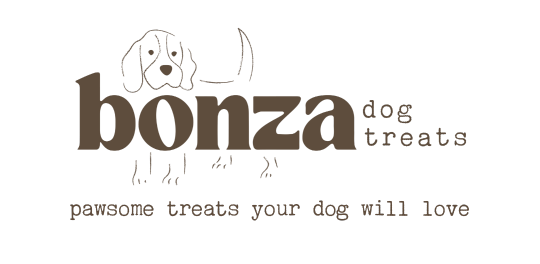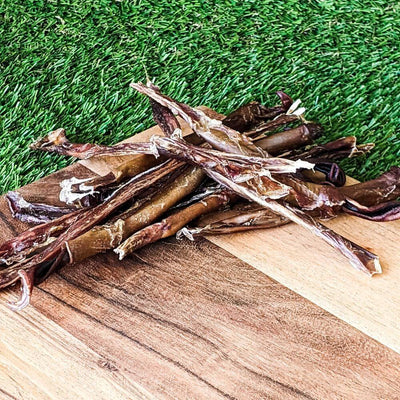When teething starts and what to expect
Puppies usually start teething at around 3 weeks old, when their baby teeth come through. By 12 weeks, those sharp little milk teeth are in full force. The real chaos starts between 12–20 weeks, when adult teeth begin pushing through.
During this stage, puppies chew to:
-
Relieve gum pain and pressure
-
Loosen baby teeth
-
Explore textures with their mouths
It’s completely normal, but without the right outlets, your pup might target chair legs, shoes, or anything in reach.
Why texture matters during teething
The best teething chews aren’t about flavour — they’re about texture. A good chew should:
-
Offer some resistance to massage the gums
-
Be gentle enough not to damage growing teeth
-
Last long enough to keep your puppy occupied
Soft, fibrous or cartilaginous chews usually hit the sweet spot. Hard bones and weight-bearing animal parts can crack delicate puppy teeth and should be avoided until adult teeth are set.
Gentle Bonza chews for teething puppies
Here are some puppy-friendly options that work well during the teething phase:
-
Lamb Puffs & Beef Puffs – light, airy, and easy on sore gums.
-
Lamb Lung Cubes – soft but chewy, perfect for gnawing without risk.
-
Chicken Feet – small, crunchy, and a natural source of glucosamine.
-
Shark Cartilage – fibrous and packed with natural chondroitin for joint support.
-
Rabbit Ears with Fur – a fun texture plus natural fibre for gut health.
These are natural chews that don’t splinter, won’t upset sensitive tummies, and are gentle enough for growing teeth.
Supervision and safety tips
Even with safe chews, a few ground rules matter:
-
Always supervise puppy chewing sessions.
-
Remove small pieces that could be swallowed whole.
-
Rotate chews to keep things interesting and avoid overdoing one type.
-
Size matters — choose chews that are bigger than your pup’s mouth so they can’t gulp them down.
What to avoid for puppies under 6 months
Some chews are better saved for later:
-
Hard bones or antlers — risk of tooth fractures.
-
Rawhide — can swell and cause blockages - we don't sell rawhide as it doesn't align with our view of natural treats
-
Cooked bones — brittle and dangerous.
-
Very fatty treats — can upset sensitive tummies.
Stick to gentle, natural options, and by the time your pup hits 6 months with a full set of adult teeth, they’ll be ready for more durable chews.
✅ Key Takeaway: Puppies chew to soothe sore gums — and natural chews like puffs, ears, and cartilage are the safest way to support them while protecting your furniture.















